2014 Intelligent Sensing Summer School
|
Location: FB 1.13, Mile End Campus, Queen Mary University of London
2014 competition: briefing presentation and rules |
Past event: 2013 Intelligent Sensing Summer School webpage videos of the talks what people said? |
| 26 August 2014 - DAY 1 | |||
| 8.30-9.00 | Registration | ||
| 9.00-9.10 | Opening - Andrea Cavallaro | ||
| 9.10-9.30 | Introduction: developing an impact pitch - Adam Daykin | ||
| 9.30-10.45 | Preparation of a pitch | Tech Transfer training (group activity) |
|
| 10.45-11.00 | Final pitch practice | ||
| 11.00-11.30 | Coffee break | ||
| 11.30-12.00 | Groups present pitches | Tech Transfer training (group activity) |
|
| 14.00-15.30 | Your Tech Transfer idea | Tech Transfer (individual activity) |
|||||||||
| 15.30-16.00 | Coffee break | ||||||||||
| 16.00-17.00 | Your elevator pitch - Judges:
|
Tech Transfer (individual activity) |
|||||||||
| 27 August 2014 - DAY 2 | ||||||
| 8.30-9.00 | Registration | |||||
| 9.00-10.00 | Announcement of the pitches selected for the QTech Bootcamp (*) - Andrea Cavallaro | Tech Transfer | ||||
| 10.00-10.30 |
Preparing an investment pitch
|
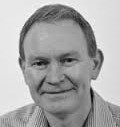 Adam Daykin
Adam Daykin
|
Tech Transfer talks | |||
| 10.30-11.00 | The optimum business model
Microsoft charge. Google do it for free. Choosing the optimum business model is an essential part of successfully commercialising software. This talk will examine the available options, and offer guidance on selecting the right model by asking where the value is. |
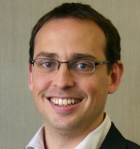 Mark Reilly
Mark Reilly |
||||
| 11.00-11.30 | Coffee break | |||||
| 11.30-12.00 |
Introduction to IP A brief introduction to intellectual property and patents in particular, focussing on the sensitive issues surrounding the protection of computer implemented inventions. In particular, when is it appropriate to protect inventions implemented in software through the patent system?
|
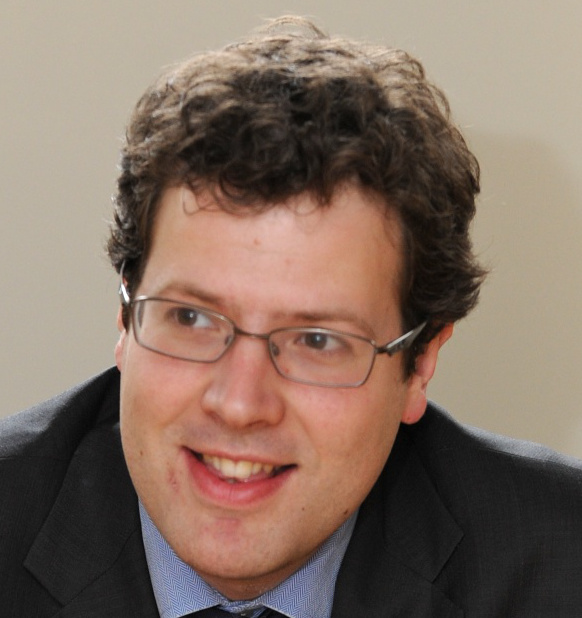 Peter Thorniley
Peter Thorniley |
Tech Transfer talks | |||
| 12.00-12.15 |
External funding sources by Careers & Enterprise
|
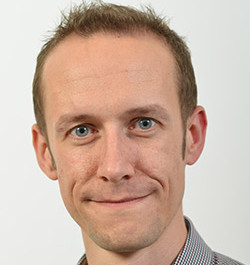 James Weaver
James Weaver |
||||
| 14.00-14.30 |
From basic academic research to high-tech start-up This talk tells the story of the founding of MixGenius, a high-tech start-up company based around music technology research here at Queen Mary University of London. We will describe the journey from academic research to commercialisation, describe how this journey took some unconventional paths, and highlight some of the lessons learned along the way.
|
|
Start-up talks Chair: Peter McOwan |
|||
| 14.30-15.00 |
Stuck in the chasm: the less glamorous alternative to failing fast When you hear about a startup, you are either treated to an inspirational rag-to-riches story or, more likely, to a cautionary tale of earnest efforts and personal savings dissolving into nothingness. There is in fact a third option, severely underrepresented: the company sort-of works, the product sells, you even have an US office, but investors are not queuing up outside your door and internal growth is stagnant: you're stuck in the chasm. I'm not sure how to fix the situation, but I can certainly share the story on how we got there!
|
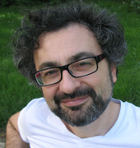 Paolo Prandoni
Paolo Prandoni |
||||
| 15.00-15.30 | Round table with entrepreneurs - Chair: Peter McOwan | Tech Transfer panel discussion | ||||
| 15.30-16.00 | Coffee break | |||||
| 16.00-17.00 | PhD advice from post-docs and senior PhD students to 1st and 2nd year PhD students
Panel moderators: Xiatian Zhu and Fabio Poiesi | PhD panel discussion | ||||
| 28 August 2014 - DAY 3 | |||||||||||
| 8.30-9.00 | Registration | ||||||||||
| 9.00-9.15 | Introduction of the day - Andrea Cavallaro | ||||||||||
| 9.15-10.00 |
From teeth to scrolls to film What happens when we want to look inside a tooth without cutting it open, or to read a scroll that cannot be unrolled, or to view an old film that's disintegrating and cannot be unreeled? With the help of X-rays, mathematics and a bit of old fashioned luck we tackle these problems on the boundaries of possibility.
|
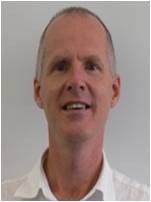 Graham R. Davis
Graham R. Davis |
Research talk Chair: Akram Alomainy |
||||||||
| 10.00-11.00 |
Feature detection and description in non-linear scale spaces The easily implementable Gaussian scale space does not respect natural boundaries of objects. Using non-linear diffusion filtering reduces noise while retaining object boundaries via locally adaptive blurring.
|
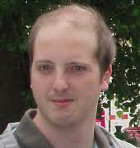 Pablo Alcantarilla
Pablo Alcantarilla |
Industry talk (Toshiba Research Cambridge) |
||||||||
| 11.00-11.30 | Coffee break | ||||||||||
| 11.30-12.15 |
Performing graph computations at scale Graphs are invaluable tools for researchers, easing the modelling of many problems. However, as graphs grow large, there are numerous challenges for efficiently process them. This talk will cover the main characteristics of distributed graph processing systems, and discuss performance factors and research challenges.
|
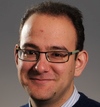 Félix Cuadrado
Félix Cuadrado |
Research talks Chair: Akram Alomainy |
||||||||
| 12.15-13.00 |
Transductive multi-view embedding for zero-shot learning Humans can visually recognise an object which they have never seen before but only read about. Can a computer do the same and recognise unseen categories of objects? In this talk, I will introduce a framework based on embedding multiple semantic representations of objects for zero-shot learning, that is recognition without any labelled training data.
|
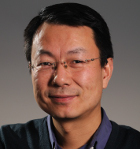 Tony Xiang
Tony Xiang |
|||||||||
| 14.30-16.15 | QTech Bootcamp: public pitches and voting - Chair: Adam Daykin, Judges:
|
Dragon's Den session | |||||||||
| 16.15-16.30 | Winners announced and closing (followed by drinks & nibbles) | ||||||||||
| 12.15-14.00 | Informal feedback session - Adam Daykin | Tech Transfer |
| 14.00-17.00 | 1-to-1 sessions with Tech Transfer experts | QTech Bootcamp |
| 9.00-13.00 | Meeting mentors for 1-to-1 | QTech Bootcamp |
| Logistics | Volunteers | Sponsors | ||
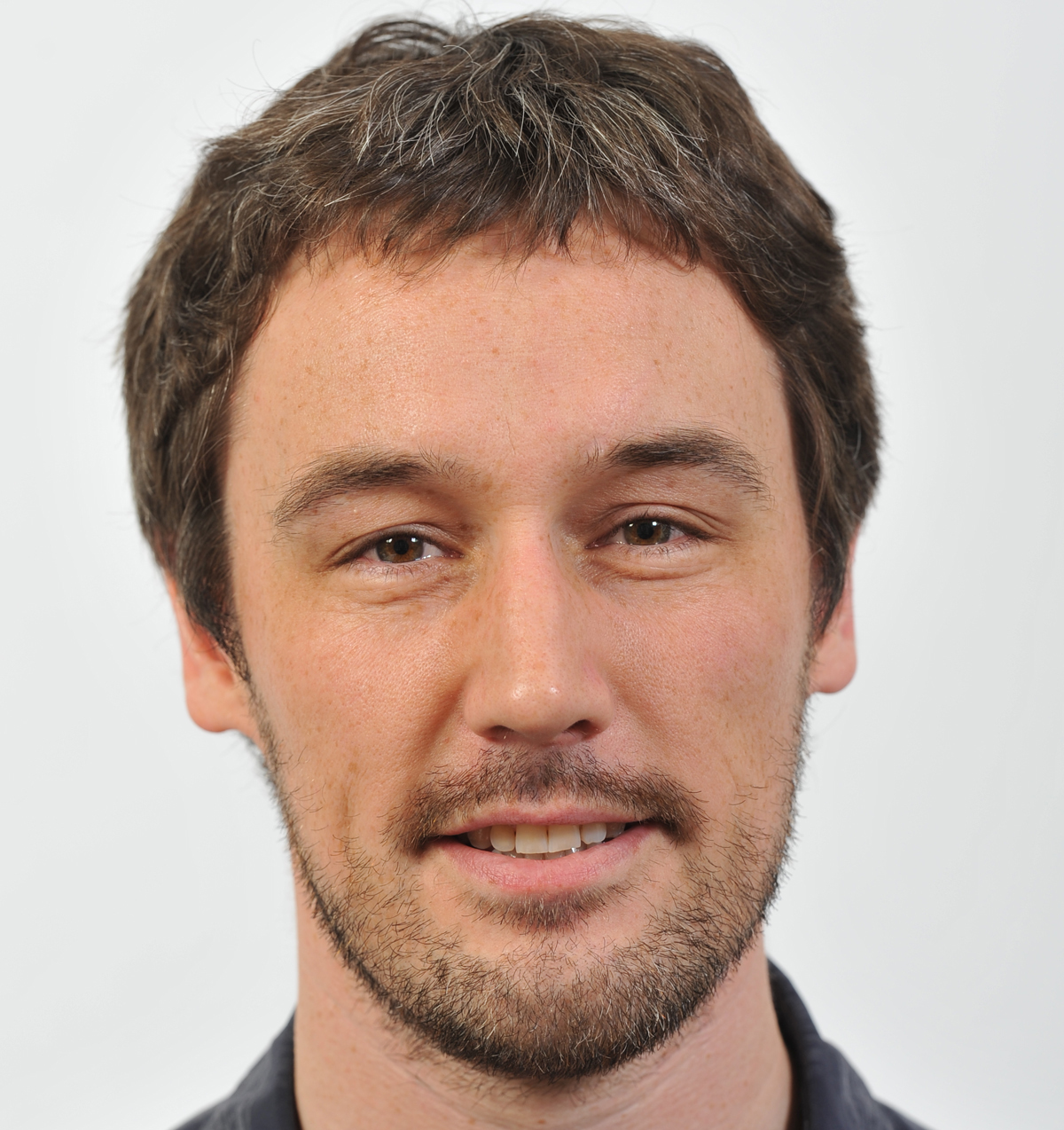
|
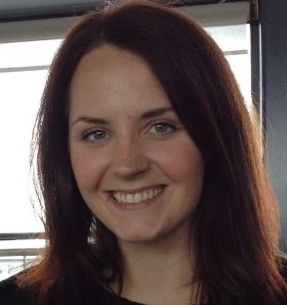
Emilie Brady
|
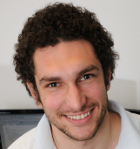
Riccardo Mazzon
|
Jie Deng
Soyiba Jawed Sandeep Katragadda Obaidullah Khalid Asif Khan Isah Lawal Wenzhao Li Anh-Tuan Nguyen Fabio Poiesi Lin Wang Yiming Wang Xiatian Zhu |
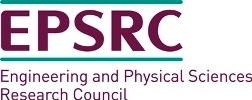


|
| Pictures | ||

|

|

|
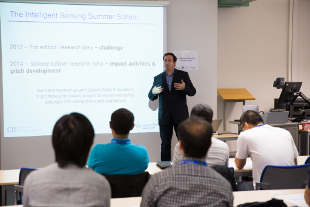
|
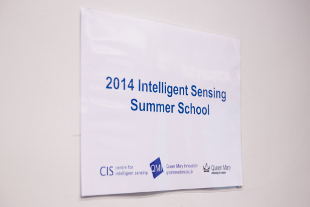
|

|

|
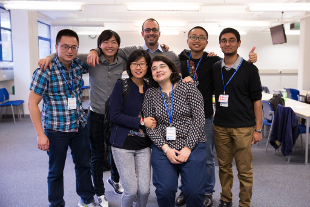
|
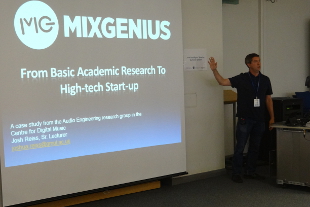
|

|
||
[more pictures] [Flickr album]